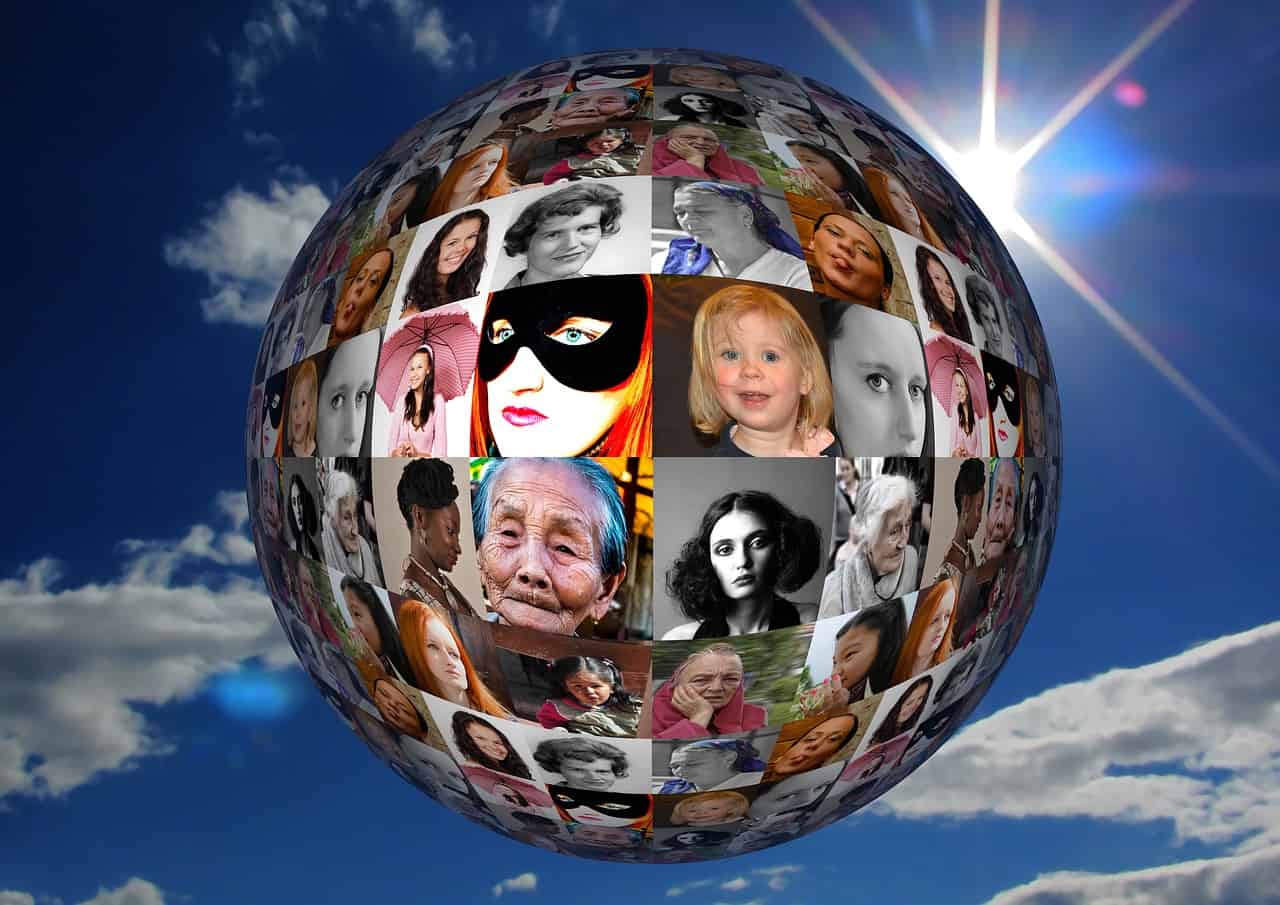March 8 is International Women’s Day and women around the world will celebrate with marches, forums and special events. The first international women’s day was held in 1909 to call attention to the struggle for women’s rights; the right to vote and workers’ rights. In the beginning the day changed from year to year and from country to country, but clearly, women were demanding equality with men.
More than 100 years have passed since the first International Women’s Day but women still find obstacles to gaining equality. From birth women are conditioned to accepting a different future through toys (dolls, little stoves and dishes), clothes, activities, behavior, movies and games. A wedding is still seen as the ideal for little girls and is considered the most important event in her life.
Although many professions are now open for women, they face discrimination and the suspicion that they are not quite capable. Women in science, engineering, technology and mathematics, a group of studies known as STEM, make up a small percentage of professionals in those fields.
In the year 2023 women still need to pressure for equality and rights: the right to be free from gender-based violence and the right to make decisions about their own bodies, the right to decide if they want children or not, and how many to have. Women want the right to freely choose a job or profession and the right to be safe walking in the streets or on the beaches.
In Costa Rica women are concentrated in the lowest paid jobs (domestic work, childcare, food service) while men occupy the higher paid positions. In Costa Rica approximately 500,000 homes are headed by women who have the double responsibility of home care and working, often with a minimum wage salary.
In Costa Rica in the last year 19 women were killed by former spouses or partners. The emergency line 911 reports having received between 200 and 400 calls a day for domestic violence.
In Costa Rica in the last year approximately 5000 adolescents had babies, some as young as 14 years of age.
Of 198 countries in the world only 28 have women presidents or prime ministers. And only 28% of the world’s ministries or cabinet members are women.
In 2021 there were 45,000 femicides in the world, women and girls killed by a family member or someone close to the family. (data from 103 countries) all over the globe women and girls are victims of gender-based violence.
Rape is now considered to be a war crime as women in areas of armed conflict are subjected to gender violence by enemy soldiers.
In poor countries women are victimes of human trafficking to work as prostitutes or as unpaid domestics.
In some countries girls are forced into marriage as a commercial transaction.
In some countries girls and women are not allowed to study or have a profession.
In Iran women are arrested and imprisoned for not wearing a veil.
Women are not included in peace and security negotiations even though a United Nation resolution (no. 1325) mandates their inclusion.
In the 113 years since the first march for equality we women have achieved a lot but there are still many areas where equality is lacking; in jobs and professions, opportunities, freedom from violence, participation in the political process and to be an equal partner in negotiations. Women in all the world want to live with peace and dignity, free from discrimination, poverty and violence. Can we achieve this?
Mitzi Stark is a journalist and peace activist who lives in Costa Rica and is a member of the Costa Rican section of the Women’s International League for Peace and Freedom. Contact her at mitzstar@gmail.com






